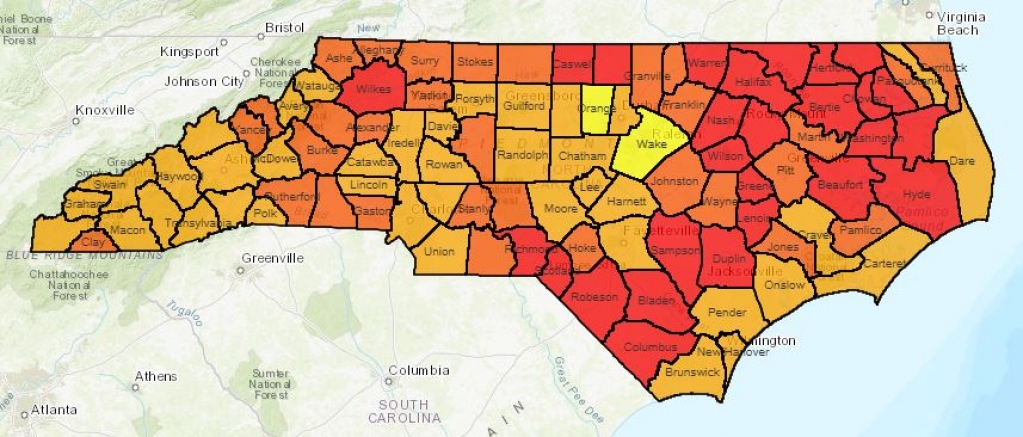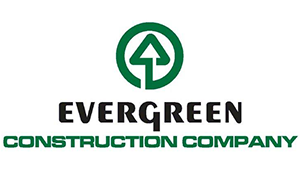It’s cold outside. Well… not right now, but last week it was cold outside. In Durham we had 8 inches of snow in one night when we average only 6 inches each year. It was cold outside, and I am so grateful it was warm inside my house. We were worried that some tree was going to collapse under the weight of all that snow and take out our neighborhood’s power. The firewood and blankets were ready to go. In addition to being grateful I had an affordable roof over my head, I was also grateful I had power routed to my house to keep the lights on, and keep the heat going.
Mapping North Carolina’s Energy Burden
Few things can make an affordable home unaffordable more quickly than high energy bills. Energy costs are often overlooked by housing advocates, as we focus on the costs of a family’s rent or mortgage. However, energy costs are a crucial piece of the affordability puzzle. In partnership with the NC State University Geospatial Information Science and Technology Program, NCHC has updated our mapping tool to track average energy costs and energy burdens by county.

This changes significantly when we break out renters. As you can see above, there are no counties in the state with an average energy burden greater than 8%. However, when you look at the map below that shows just renters, there are 27 counties where renters average more than 8% of their household budget on energy costs.
The most extreme example in the state is the average extremely low-income (making between 0-30% of the Area Median Income) renter in Hyde County who pays $3,258 a year in energy costs, or 42% of their household budget. You can see a more detailed breakdown of Hyde County costs and energy burdens below.
| OWNER-OCCUPIED | RENTER-OCCUPIED | ||||||||||
| County Name | Cost or Burden | 0-30% | 30-50% | 50-80% | 80-100% | 100%+ | 0-30% | 30-50% | 50-80% | 80-100% | 100%+ |
| Hyde County | AVERAGE ANNUAL EXPENDITURE | $ 3,388 | $ 3,091 | $ 3,368 | $ 3,057 | $ 3,066 | $ 3,258 | $ 4,210 | $ 3,835 | $ 3,695 | $ 3,326 |
| Hyde County | FRACTION OF INCOME | 35% | 19% | 13% | 8% | 4% | 42% | 26% | 15% | 10% | 5% |
Explore the statistics in your county here.
Energy Efficiency for All
Energy efficiency can bring much needed relief to low-income households who experience a disproportionately high energy burden. Low-income households spend, on average, 7.2% of their income on utility bills, more than triple the 2.3% spent by higher-income households for electricity, heating, and cooling. This remains true even when less energy is consumed. Bringing low-income housing to the efficiency level of the average U.S. home would eliminate 35% of the energy burden for low-income households.
The energy burden borne by renters across the state has led the NC Housing Coalition to become a state partner of Energy Efficiency for All. This campaign is dedicated to linking the energy and housing sectors together in order to tap the benefits of energy efficiency for millions of low-income families. We have begun this work with our fellow state partner, the NC Justice Center with the support of the Energy Foundation, the Natural Resources Defense Council and the National Housing Trust. You will be hearing more from us in 2019 about ways we can explore making North Carolina’s housing stock, particularly its multi-family housing stock more energy efficient. If you are interested in learning more in the future, you can sign up for updates.
NCHC Hiring
I am also excited to announce that the NC Housing Coalition is looking to hire a new Membership and Communications Officer. If you are interested in being part of a team doing meaningful, cutting edge work that impacts families across the state in need of affordable housing, we want you to join us! Please send a resume, references, and a cover letter to sgunter@nchousing.org with the subject line “Job Applicant” by COB Friday, January 11.










